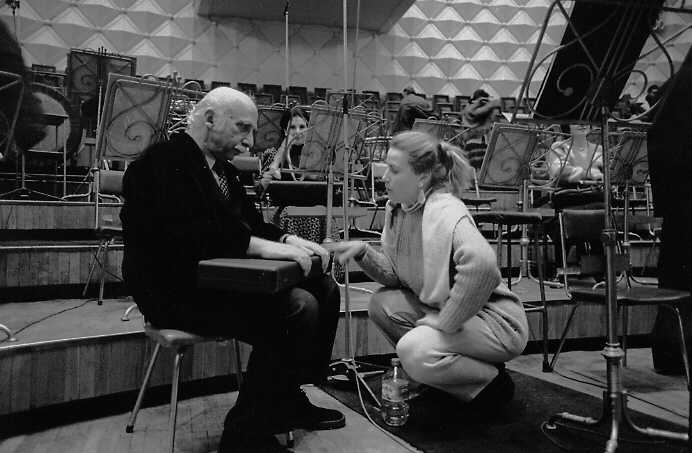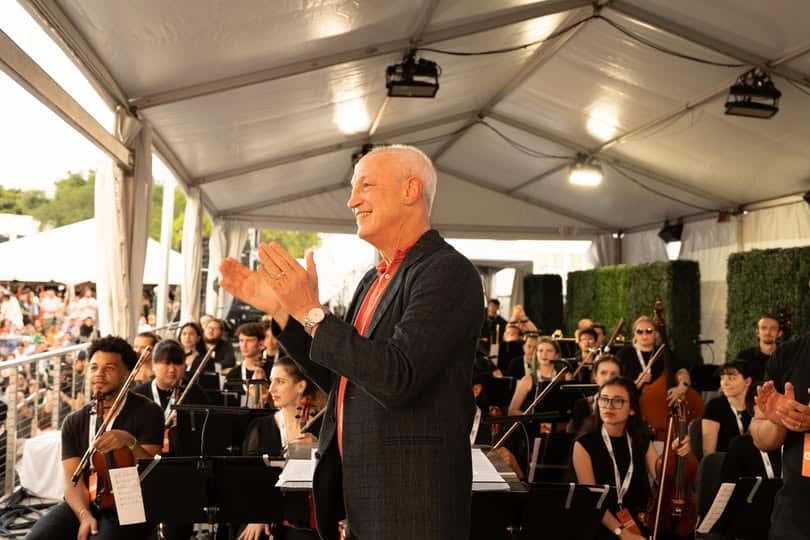Just in: Death of an immense composer
mainGiya Kancheli, one of the foremost composers of the late Soviet era, died today in a Tbilisi hospital. He was 85.
Kancheli came to attention in 1973 with a third symphony that is bookended by a wordless tenor voice at either end. His music was original, lyrical, unfailingly moving. The sixth symphony of 1981 was probably his greatest success. He wrote seven, in all.
After the collapse of the USSR, Kancheli moved to Berlin, then on to Antwerp, where he was composer in residence with the Royal Flemish Philharmonic. After 2008, he refused to visit Russia, a protest against Putin’s brief war upon his country.
Kurt Masur and Yuri Temirkanov performed his works in New York and Philadelphia but he never achieved the consistent exposure required to be considered as regular concert fare. Like Mieczyslaw Weinberg, his time will come.
UPDATE: Kremer mourns.







Comments